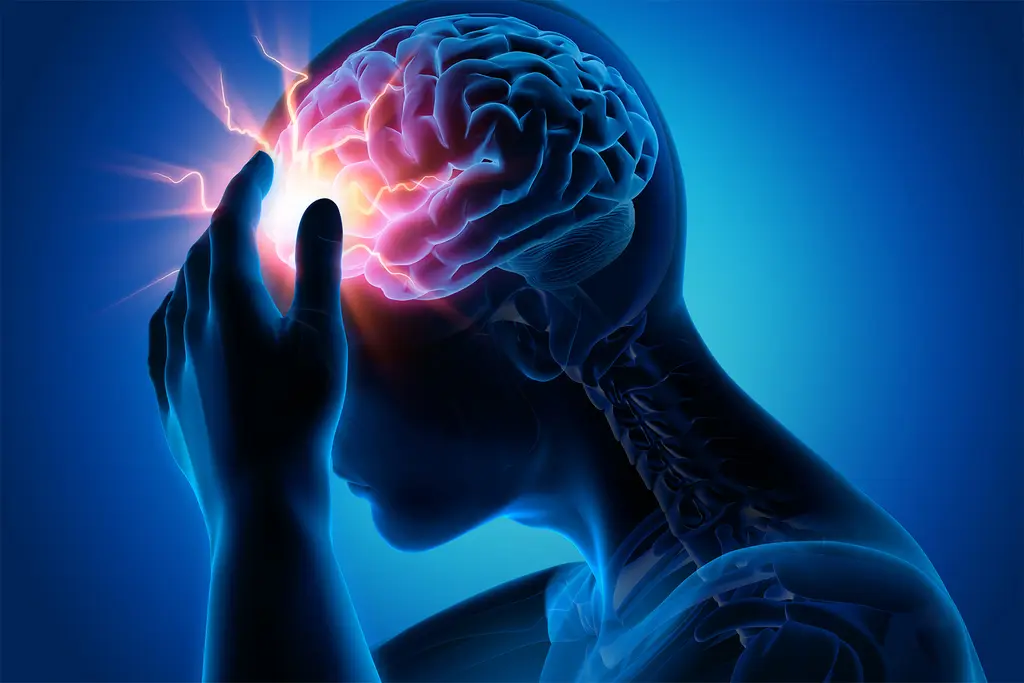
Migraines have many possible triggers. Is there anything you can do to lower your chance of a headache? Try these tips to help prevent a migraine or manage your pain if you feel a headache heading your way.
Adjust Exposure to Lights and Smells
Bright light can set off a migraine. At work, in your home, or when you’re on the go, limit your exposure:
- Always keep sunglasses on hand, in your desk, or in the car.
- Sit closer to windows in rooms with fluorescent lights. These bulbs can flicker or glare, which can set off a migraine.
- In your home, use bulbs that emit green light, which is less likely to cause headaches.
- Migraine glasses have tinted lenses that filter the bands of light shown to trigger headaches. Wear these at work or when you run errands.
- Install an anti-glare screen on your computer. Move your workstation so you work by natural light, not under a fluorescent light. Take breaks during computer work so you limit the amount of time you stare at the glare.
- Try to avoid unpleasant odors. Ask your co-workers, friends, or family not to wear strong perfume around you. Use drive-thru or curbside pickup for takeout meals to avoid strong cooking smells or smoke from the grill.
Stay Away from Food-Related Triggers
Many foods or ingredients are possible migraine triggers: chocolate, cheese, and processed, salty meats are just a few common culprits. How do you identify the foods behind your migraines and avoid them?
- Keep a diet journal in a small notebook or pocket calendar. Write down what you eat and when you get migraines. You may notice that after you eat certain foods, you get a headache afterward. Stay away from or cut down on these foods if you can.
- Don’t go hungry for too long. If your belly is empty too long, your blood sugar drops. This can lead to a migraine. Try not to skip or delay meals. If you eat dinner early and go to sleep late, eat something light closer to bedtime. Keep snacks with you, on the go or at work, to keep blood sugar levels steady.
Watch What You Drink
Many of us enjoy our morning cup of joe or a happy-hour cocktail. Caffeine and any type of alcohol can trigger migraines if you overdo it, so limit these drinks.
- Alcohol can affect your blood vessels and spark a migraine. Limit how much alcohol you consume. At a party, have one 5-ounce glass of wine, and then switch to club soda or water.
- Caffeine in coffee, tea, cola, or many energy drinks can provoke migraines for some people. Limit caffeine to no more than 200 milligrams a day. How much is that? One 8-ounce cup of coffee has about 100 milligrams of caffeine, so no more than two small servings of to-go coffee per day.
- Many products contain a little caffeine. Check any drinks, foods, medicines, or supplements you take in to see if caffeine is one of the ingredients.
- Dehydration can set off a headache. Stay hydrated: Try to drink 2 liters of water per day. Keep a bottle of water in the car while you’re out running errands or on your desk at work.
Check Your Cycles
Many women have migraine attacks around their menstrual periods, when they have a drop in two hormones, estrogen and progesterone.
Your doctor can prescribe contraceptives to help keep your levels of these hormones stable. Oral contraceptives or devices that provide a steady dose of hormones with no placebo doses may help prevent menstrual migraines. Another option is to use a low-dose hormonal contraceptive, so you don’t have as sharp a drop in your hormones during the week you take a placebo dose and have your period.
Manage Stress
Stress is a common migraine trigger. While you can’t avoid all stress in your life, you can take steps to manage it.
- Cut back on your daily to-do list. Focus on the essential chores and don’t overload your schedule. Ask for help if you need it.
- Schedule short breaks on busy days. Take a walk. Stand up from your desk and stretch. Pause a stressful work task to read something light online or play a game.
- Learn deep breathing or relaxation exercises to ease spikes in stress.
Get Enough Sleep and Exercise
Poor sleep can set off a migraine. Try these tips to get better sleep each night:
- Set a regular bedtime and wakeup time, and stick to them.
- Don’t stay up late watching TV in bed.
- Long afternoon naps can keep you from falling asleep later. Limit naps to no more than 30 minutes.
- At the end of a stressful day, read a book, listen to soft music, or a take a warm bath to wind down.
- Regular exercise can ease tension and help you manage your weight. Both these things can help you prevent migraines. Don’t overdo it, though: Intense workouts can be migraine triggers.
Check the Forecast, Plan Ahead
- Check the forecast when you make plans. If you know that it’s going to be very hot, cold, stormy, or windy, or when there will be a sharp change in barometric pressure, plan to stay indoors.
- Schedule shopping trips or gardening earlier in the day in summertime, so you’re outside when it’s not as hot or sunny.
What Can You Do if You Feel a Migraine Coming On?
If you start to feel a migraine headed your way, try these tips to help make it less severe:
- Stop what you’re doing. Go to a cool, quiet, dark place to relax.
- Apply heat or cold to your head, face, and neck. Use an ice pack to numb pain. Heating pads or warm towels can loosen up tense muscles.
- Take a warm bath or shower to relax.
- Take your migraine or pain-relief medication as soon as possible.
- Drink a small amount of caffeine early in a migraine. This can make headache medicines like acetaminophen more effective.
Show Sources
Photo Credit: Kelvin Murray / Getty Images
SOURCES:
American Migraine Foundation: “Top 10 Migraine Triggers and How to Deal With Them,” “Photophobia (Light Sensitivity) and Migraine,” “Alcohol and Migraine,” “Menstrual Migraine Treatment and Prevention.”
Vestibular Disorders Association: “Migraine Glasses: Can They Help Me Feel Less Pain?”
National Migraine Centre: “Migraine Triggers?”
Mayo Clinic: “Migraines: simple steps to head off the pain,” “Migraines: are they triggered by weather changes?”
Nutrients: “The Ambiguous Role of Caffeine in Migraine Headaches: From Trigger to Treatment.”
National Health Service (U.K.): “Migraine: Treatment.”
